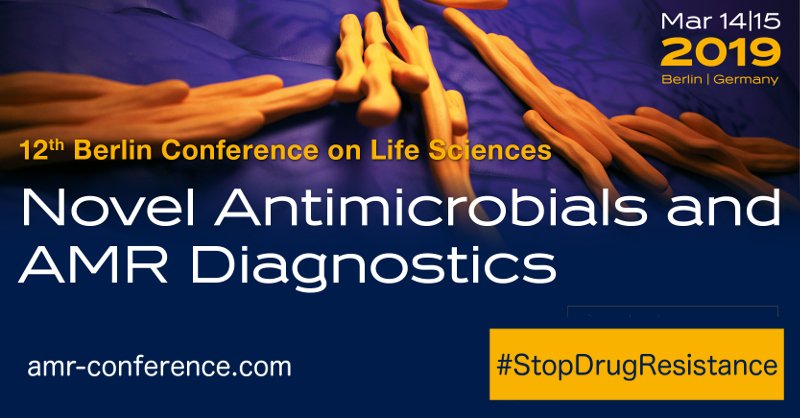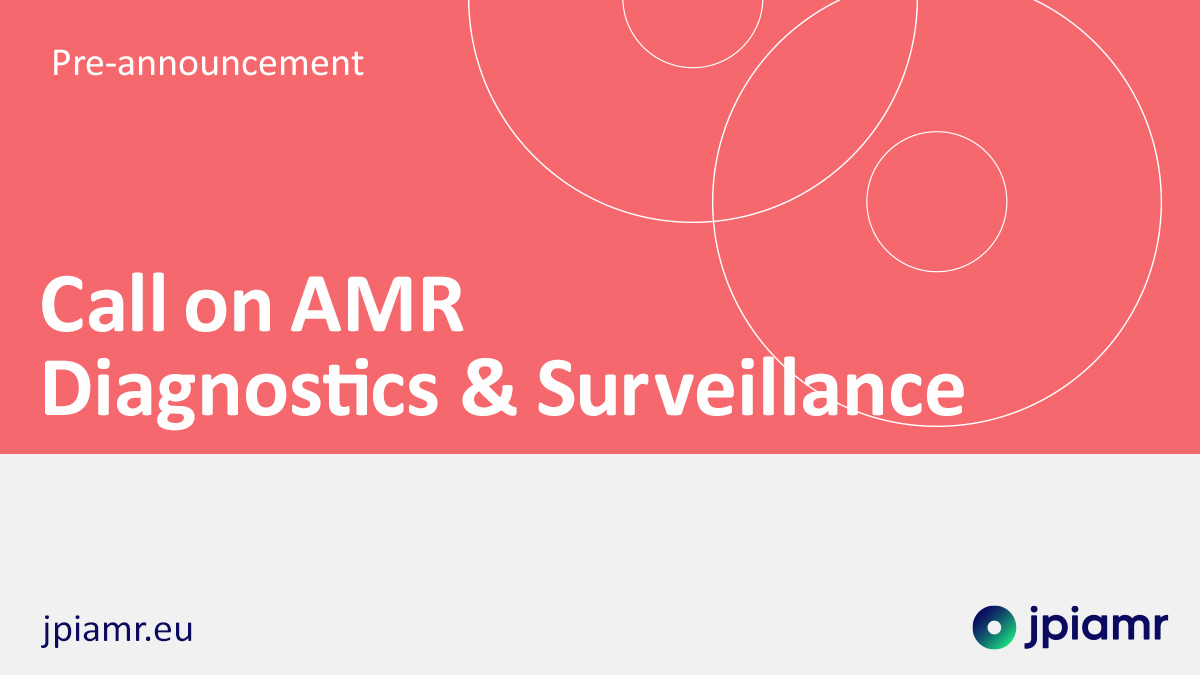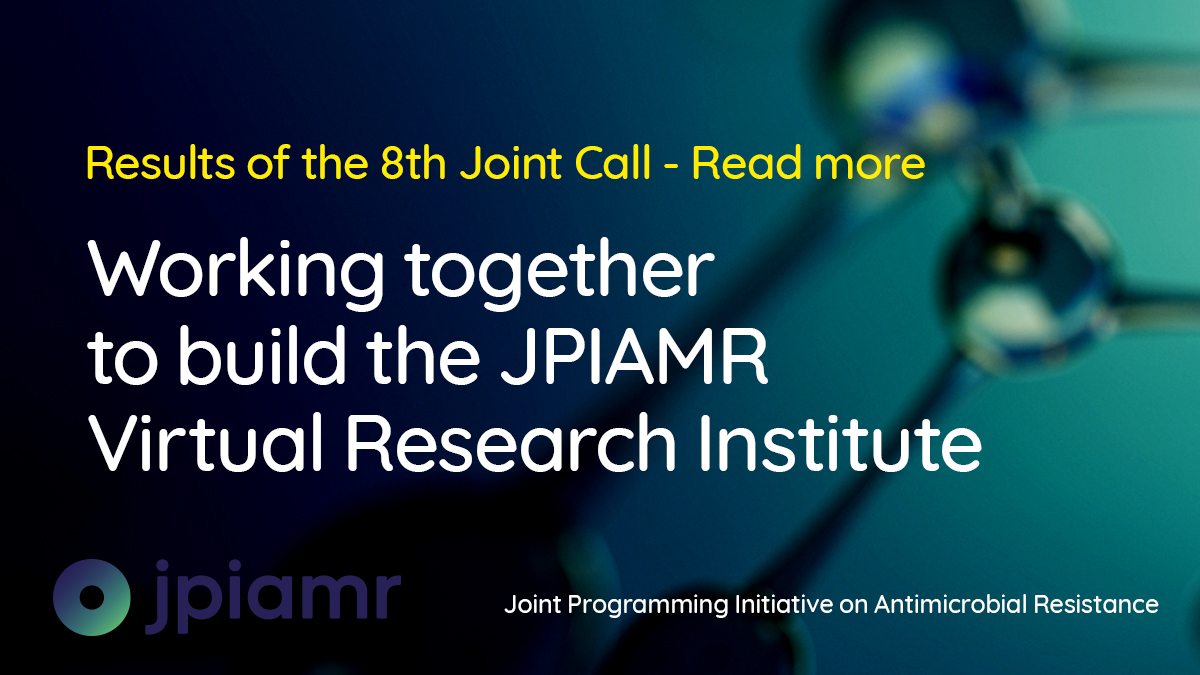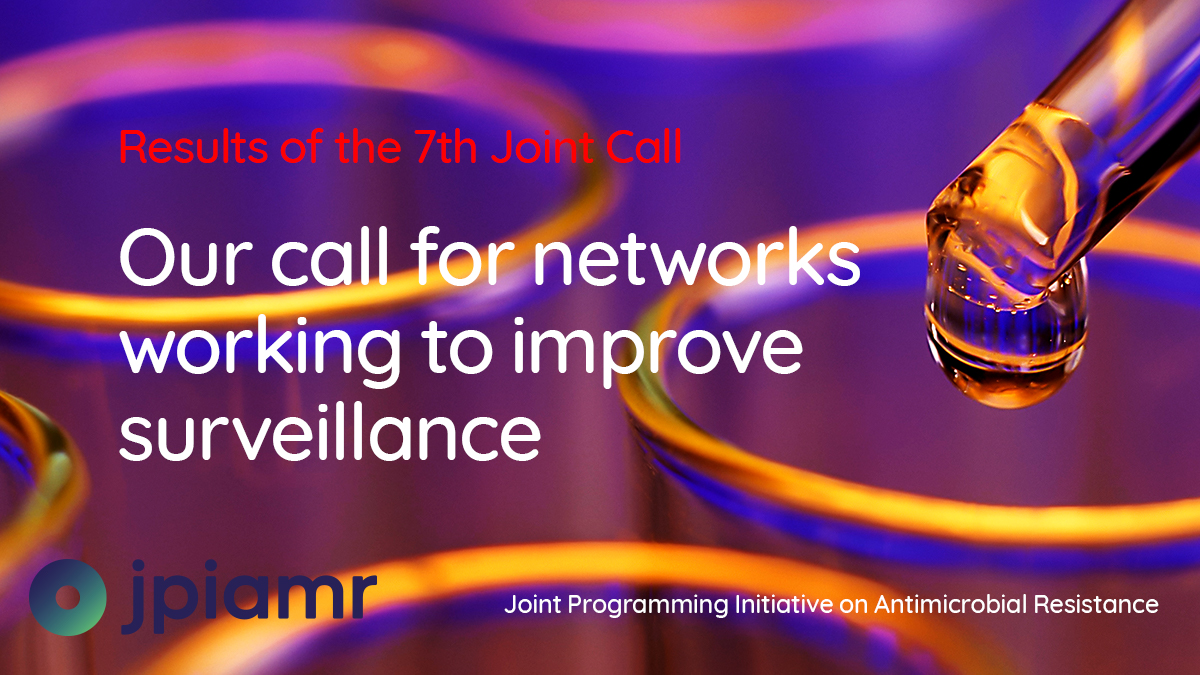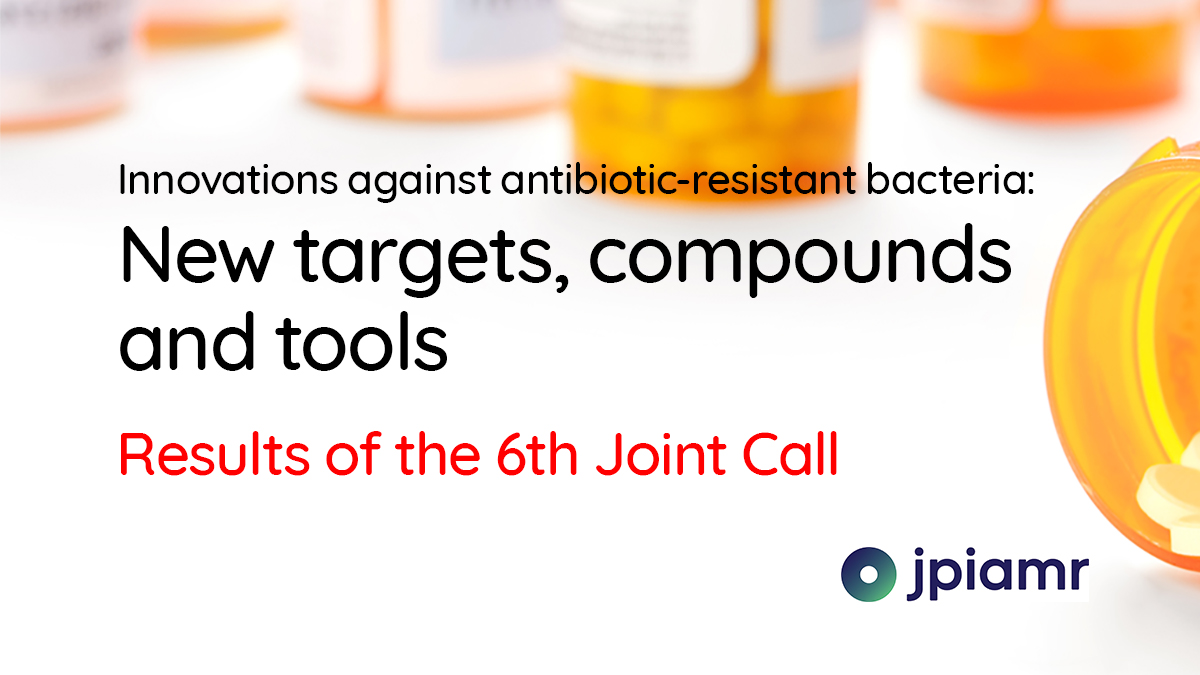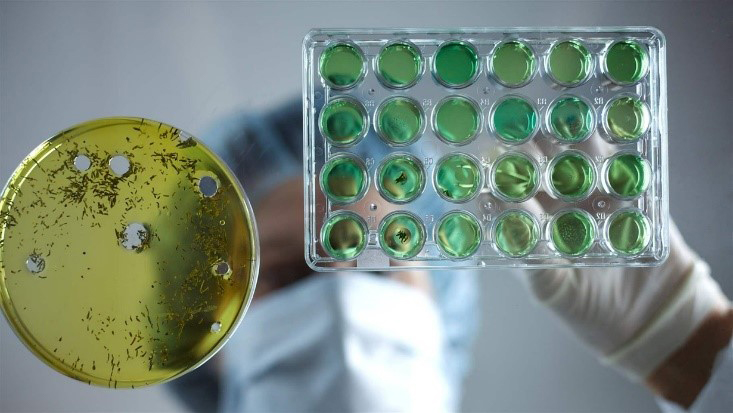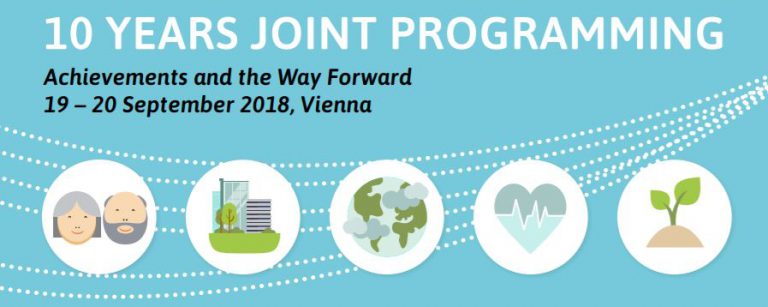JPIAMR is participating in the 12th Berlin Conference on Life Sciences “Novel Antimicrobials and AMR Diagnostics 2019”, 14–15 March 2019, Berlin, Germany.
Two JPIAMR funded projects, will be highlighted within Scientific Session 1 on Academic Innovations: Dr Jean-Claude Sirard will present the project ABIMMUNE, and Dr Robin Michelet will present the project Combinatorials. Both projects were funded within the 2nd JPIAMR Joint Call, Antimicrobial Resistance through the JPIAMR (2015).
Also, Jonathan Pearce, JPIAMR Steering Committee member, will chair as a panelist in the Plenary Session on funding innovation in AMR.
The conference aims to serve as a platform for SME’s, startups, big pharma, academia, investors and governmental institutions to share ideas, discuss support and strategies to bring new antimicrobials and diagnostics to the market. The conference programme includes policy sessions, technology tracks and will be complemented by investor/funder partnering and poster presentations.
Visit the BIOCOM 2019 website here.
